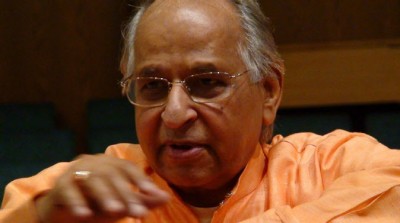 In my very first yoga class in 1970 with Dr. Arya, now Swami Veda Bharati, and Swami Rama of the Himalayas I learned a very important lesson.
In my very first yoga class in 1970 with Dr. Arya, now Swami Veda Bharati, and Swami Rama of the Himalayas I learned a very important lesson.
After teaching me to relax and to meditate, using practices I still utilize and teach today, he spoke about celebrating transitions.
He talked about celebrations, like weddings, graduations, promotions, etc.
He also talked about transactions that occur daily, such as getting out of bed, going to the toilet, having breakfast, driving to work, entering your office or job site, and many more.
The most endearing one for me was when he talked about the transition from ordinary daily activities to the time of meditation practice. Here, little rituals like inviting a bell to sound, lighting incense, and taking your seat can help you celebrate this transition and put you in the mood to meditate deeply.
Even an act as simple as bowing to the universe before and / or after you sit down can signify the transition into meditation.
Our teacher, Swami Rama, was one of the first yogi’s to be studied by science. See tomorrow’s post for more about this.
His mission was to help bring eastern and western science closer together and he worked with psychologists and medical doctors at the Menninger Clinic.
Today, I received an email from Swami Veda in which he talked about yoga and science. Here is what he said:
The word ‘science’ is derived from Latin verb root ‘scire’, to know. So, all knowledge is ‘science’ and God the Omniscient, from the same verb root, can be translated into modern English as God the All-scientist!!
Up to 1840, what we now call science was a part of philosophy, known as Natural Philosophy. The scientists like Isaac Newton were philosophers seeking answers to the mysteries of the universe. No wonder Newton wrote a 300000-word commentary on the Bible’s Book of Revelation. Einstein spent his entire life searching for the answers to the question “How does God run the universe”.
Yoga’s twin, Veda, may be translated as science. It is from the verb root ‘vid’, to know. In fact, in many European languages words derived from the cognates of ‘vid’ are used for science, so, the German Wissenschaft and the Dutch Wetenschap, so also ‘wisdom’ and ‘wise’.
In the traditions of India we often speak of the twins Yoga and Veda. Veda, the science, is the intuitive knowledge derived through the buddhi — whether in meditation or empirically in Nyaya-Vaisheshika-Ayurveda type of experimental procedures. In the traditions of India, the intuitive and the empirical are inseparable because one must enter the state of meditation to receive the intuitions that will then be experimentally tested and proved. Thus, without yoga, there is no Veda, no science.
As the yogi passes through all the different layers, from grossest to subtlest, of the constituents of personality s/he unearths the secret of each element of nature at the cosmic level. By seeing the workings of muladhara-chakra s/he learns the secrets of gravity. [The word ‘gravity’ is derived from ‘gurutva’ as it is referred to in 6th century BC Vaisheshika texts. Where did Newton get it from? – I wonder.]. The yoga-sutra (YS.3.26) says : One obtains the knowledge of cosmology by concentrating on the sun. The sun here is an internal concentration, the cosmic counterpart of which are the external suns. It is thus that the Vedic rishis (?c.3000 BC) sang of a heliocentric solar system and numerous texts composed by the rishis speak in wonderment about ‘uncountable trillion universes’ (ananta-koTi-brahmaaNDa).
It is on this basis that, I, a disciple in yoga, have lectured on SCIENCE IS THE MOST BEAUTIFUL SPIRITUAL POEM EVER COMPOSED.
That Vedic poetic beauty of science, with all its rhymes and rhythms and cadences can be enjoyed only by a yogi. Yoga grants the ultimate, the Transcendental Joy, Ānanda. Along the way the yogi and the yogi alone enjoys the poetic secrets of the cosmos through his internal scientific revelations.
Much more is to be said on this topic, for example how we are confirming the findings of the ancient yogis in the Meditation Research Institute Laboratory in Swami Rama Sadhaka Grama in Rishikesh to which all are invited. But here we take short cut and cease.
A Vedic rishi is a scientific poet, a poetic scientist.
Enjoy yoga.
Enjoy science; it is something to enjoy, like poetry.
To truly enjoy science, enjoy yoga.
I have quoted the email in full for your enjoyment and benefit.
I, too, was a natural philosopher. I studied physics, “seeking answers to the mysteries of the universe.”
What do you have to say about yoga and science? What mysteries are you looking to solve in your life?



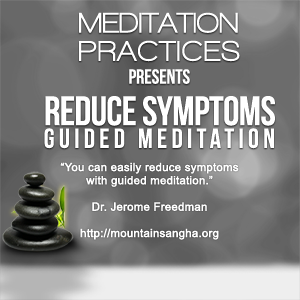

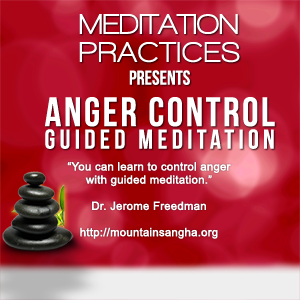
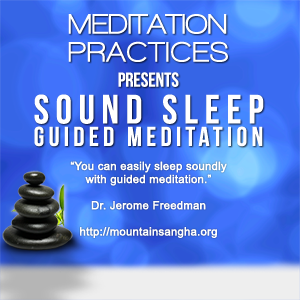

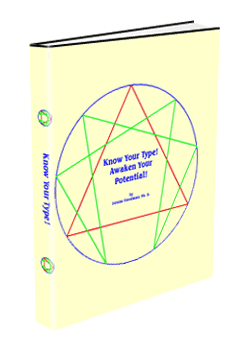

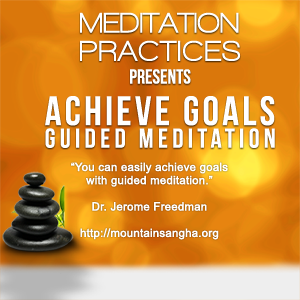
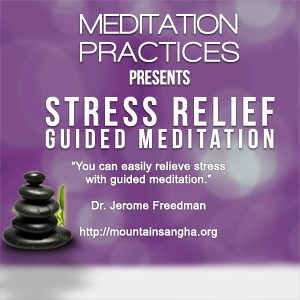

You must be logged in to post a comment.